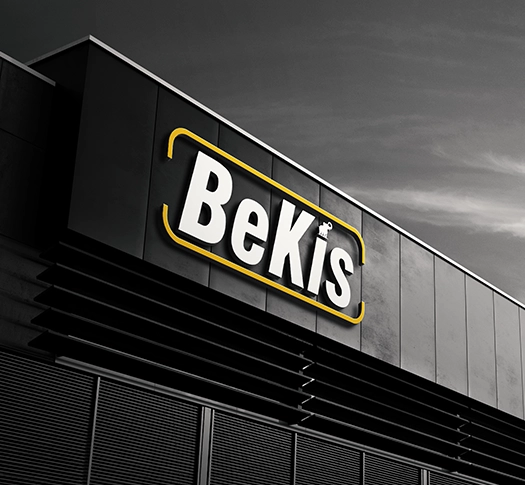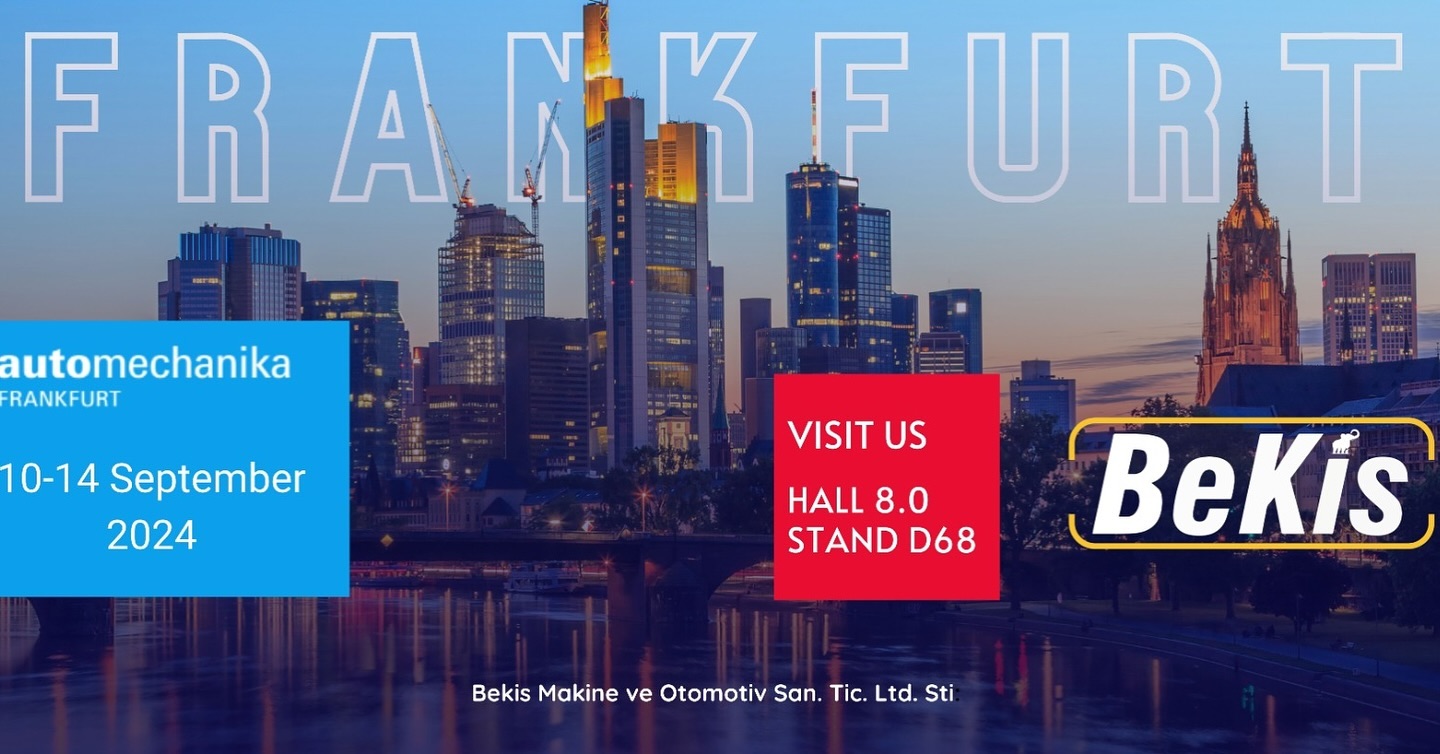Search Word
Needs analysis
We conduct detailed analyses to understand our customers' expectations.
Developing Customized Solutions
We offer innovative and efficient solutions for every project.
Quality Oriented Production
We produce at high quality standards.
Customer Satisfaction
Our customers' needs are always our priority.


About us
With a strong partnership, our company has been founded as a manufacturer of high quality cleaning machines in 2010 After 30 year experience from family BeKis started to manufacture Cleaning Systems. In domestic and international markets, we have succeeded to a proven quality in a very short while. The BeKis brand have proven it’s futuristic vision by its development as a manufacturer. The headquarters of the company are fortunate idealist and dynamic. The experienced foreign trade i...
Products
View Our E-Catalog
You can find detailed information about our products and solutions in our e-catalog.













